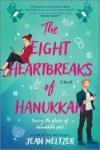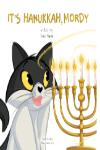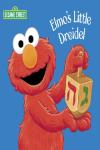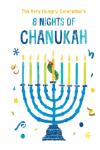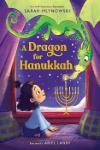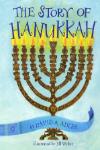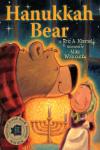Moore: Too Much of Nothing (2003)
 Too Much of Nothing by Michael S. Moore is a ghost story written from the perspective of the ghost. He died in a car accident several years before the time of the writing. We slowly learn about his life, likes and dislikes and eventually about the circumstances of his death.
Too Much of Nothing by Michael S. Moore is a ghost story written from the perspective of the ghost. He died in a car accident several years before the time of the writing. We slowly learn about his life, likes and dislikes and eventually about the circumstances of his death.
The book contains numerous musing about the Zohar. This passages are short but are integral part of the book. If you don’t expect in-depth treatment providing new, original insights you will not be disappointed with this aspect of the book. I was not. Most of the six major parts open with a discourse about how Kabbalah looks upon the soul of people. The ghost used to take classes in preparation for his bar-mitzvah with an esoterically inclined rabbi. He learned from the teacher about the Zohar and the three levels of the souls. Here is a short quote from page 6:
He [the rabbi] was obsessed with the Zohar’s three levels of the soul—nefesh, ruach, and neshamah—which he believed corresponded to measurable wavelengths, or levels of consciousness, in the brain. The Zohar says the neshamah belongs to God and goes to God when the body fails. The ruach is a kind of umbilical cord or conductor for the breath of life. And the nefesh is the human shape or spirit that wanders the world after death. Rabbi Gelanter thought these levels of the soul ruled certain functions of the mind. (Nefesh felt the pleasure and pain, ruach chose between good and evil, neshamah engaged in philosophy and Torah study, and so on.) The point of making these distinctions was to understand what the self consisted of, and nefesh was just the tip of an island that plunged for miles into the sea.
Having this in the back of the mind of a ghost as he tells his life story makes the whole book a twisted existential drama. As the story progresses so does his understanding of the above concepts gets more and more nuanced in particular how it relates to his own existence as a non-material entity. This was the most interesting part of the book for me. The plot itself wasn’t too original, but the perspective and commentary around it made it worth reading. That and the description of the teenage life in Los Angeles, which made me feel that I grew up I an alternative reality of it.
Nevertheless I don’t really know who to recommend the book. Kabbalah enthusiast may find too little in their area of interest in the book, ghost story aficionados may fin the story too similar to other books in the genre, teenagers of the 1980’s may not find enough of their own youth in it. For me, as a combination of these it was a fun read.
P.s. As you can read on the author’s site the title comes from a Bob Dylan song.
P.p.s. A slightly different version of this entry is on my personal blog.


